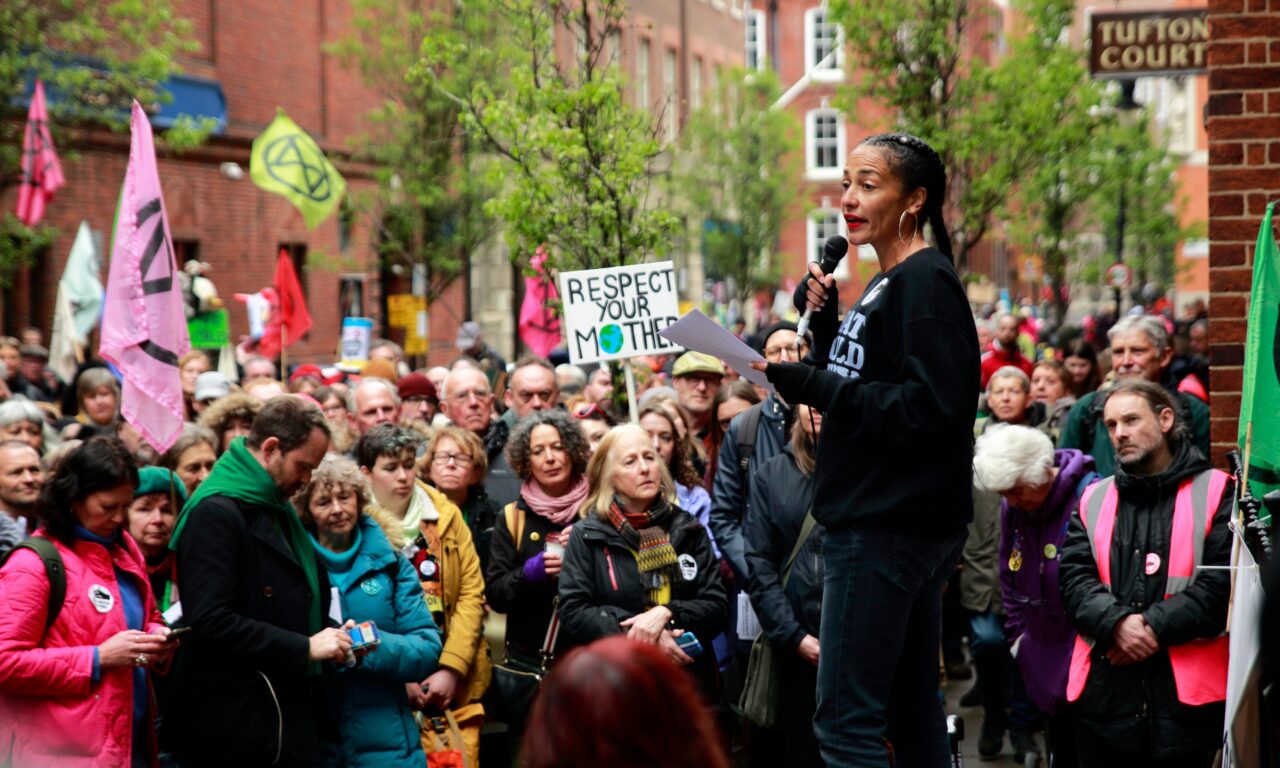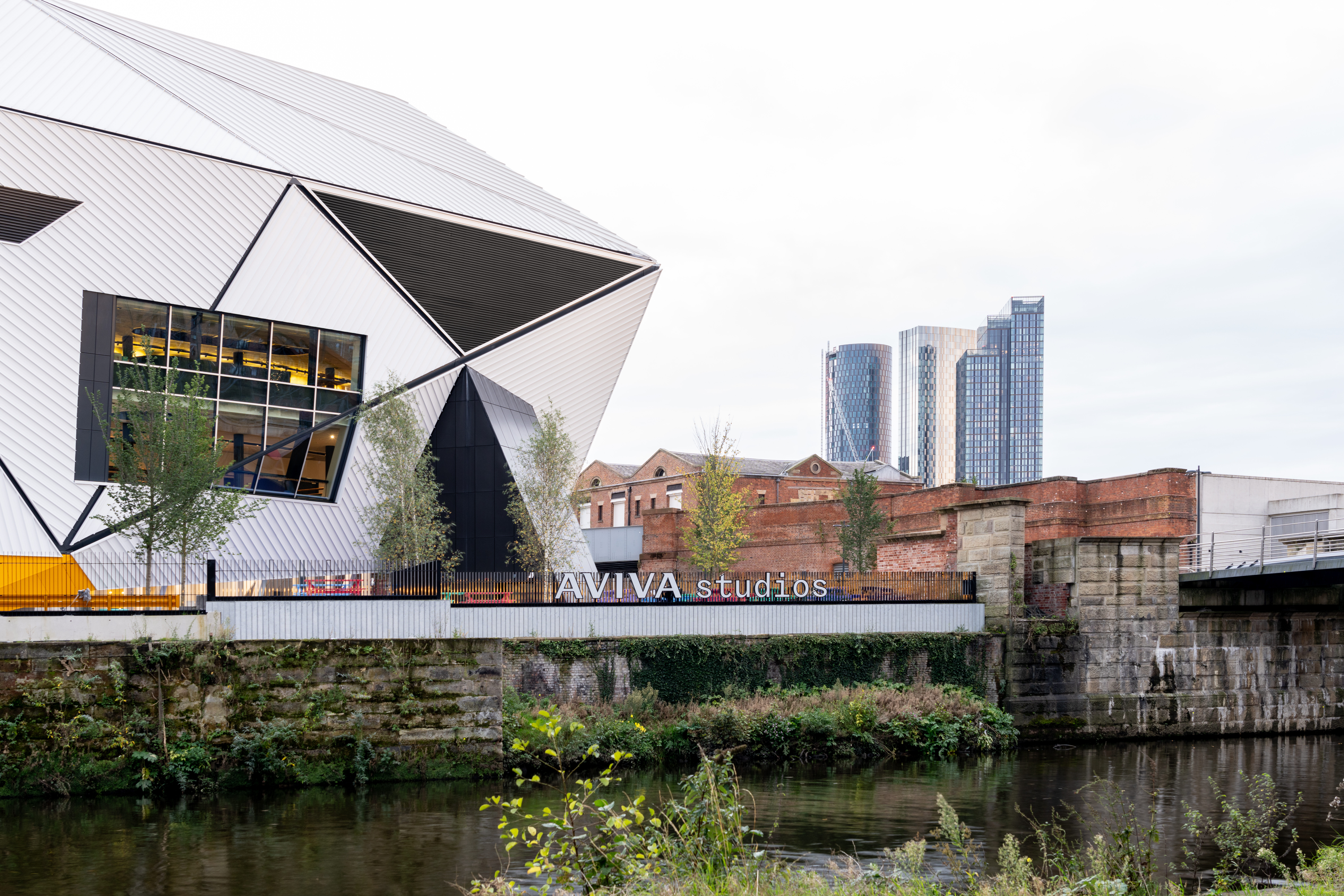Navigating fossil fuel sponsorship in the arts: A delicate balance

The ongoing debate surrounding the permissibility of brands associated with the fossil fuel industry sponsoring the arts has gained renewed momentum. Notably, a consortium of 50 authors, including prominent figures like Zadie Smith, Ali Smith and Katherine Rundell, recently penned a letter urging the Edinburgh International Book Festival to sever its ties with Baillie Gifford due to the company's fossil fuel investments.
The challenge lies in distinguishing between genuine support and greenwashing tactics. While it's tempting to view any affiliation between fossil fuel companies and cultural events as a cover-up of negative impacts, the reality is nuanced. The arts sector, grappling with scarce funding, relies on corporate support to sustain and expand events like the Edinburgh Book Festival. Acknowledging this, it becomes imperative to consider the fine line between sponsorship that conceals and sponsorship that empowers.
Past instances, such as BP's sponsorship controversy, demonstrate how sponsorship can be manipulated to veil environmentally harmful practices. However, Baillie Gifford presents a contrasting narrative. Rather than hiding behind sponsorship, they channel their resources into events that candidly discuss environmental concerns. Is this a strategic diversion from negative actions or a genuine effort to seek solutions? The ambiguity lingers.
To thwart greenwashing, sponsors must embrace transparency and align with events that actively raise awareness. Baillie Gifford's case appears compelling, 2% of their clients' money is invested in companies with more than 5% of their revenue coming from fossil fuels against the industry average of 11% and a robust investment in renewable firms combating the climate crisis, again surpassing industry standards.
While scrutiny is necessary, a broader perspective emerges. The involvement of these brands in the discourse is essential for ushering in change. The arts serve as a powerful medium for climate communication and education. However, dwindling government funding and limited alternate sponsorship sources necessitate a pragmatic approach. Brands and cultural events must collaboratively engage to strike a balance that both propels change and sustains crucial initiatives.
In essence, the discussion isn't simply about whether fossil fuel brands should sponsor the arts, but rather how they can contribute meaningfully. A transparent partnership that prioritizes education and awareness over mere branding might hold the key to a sustainable future—one where artistic endeavours inspire dialogue and catalyse action on climate change.
The Sponsor recently interviewed Michelle McLeod, Sponsorship Manager at Baillie Gifford and Helen Chomczuk, Head of Development at the Edinburgh Book International Book Festival to discuss this partnership. You can read their comments here.
Similarly to Baillie Gifford both Ford and Coca-Cola have supported green events in the past few months and received considerable backlash for doing so. You can read about Coca-Cola's sponsorship of COP 27 and Ford's sponsorship of Ride London by following the links.









